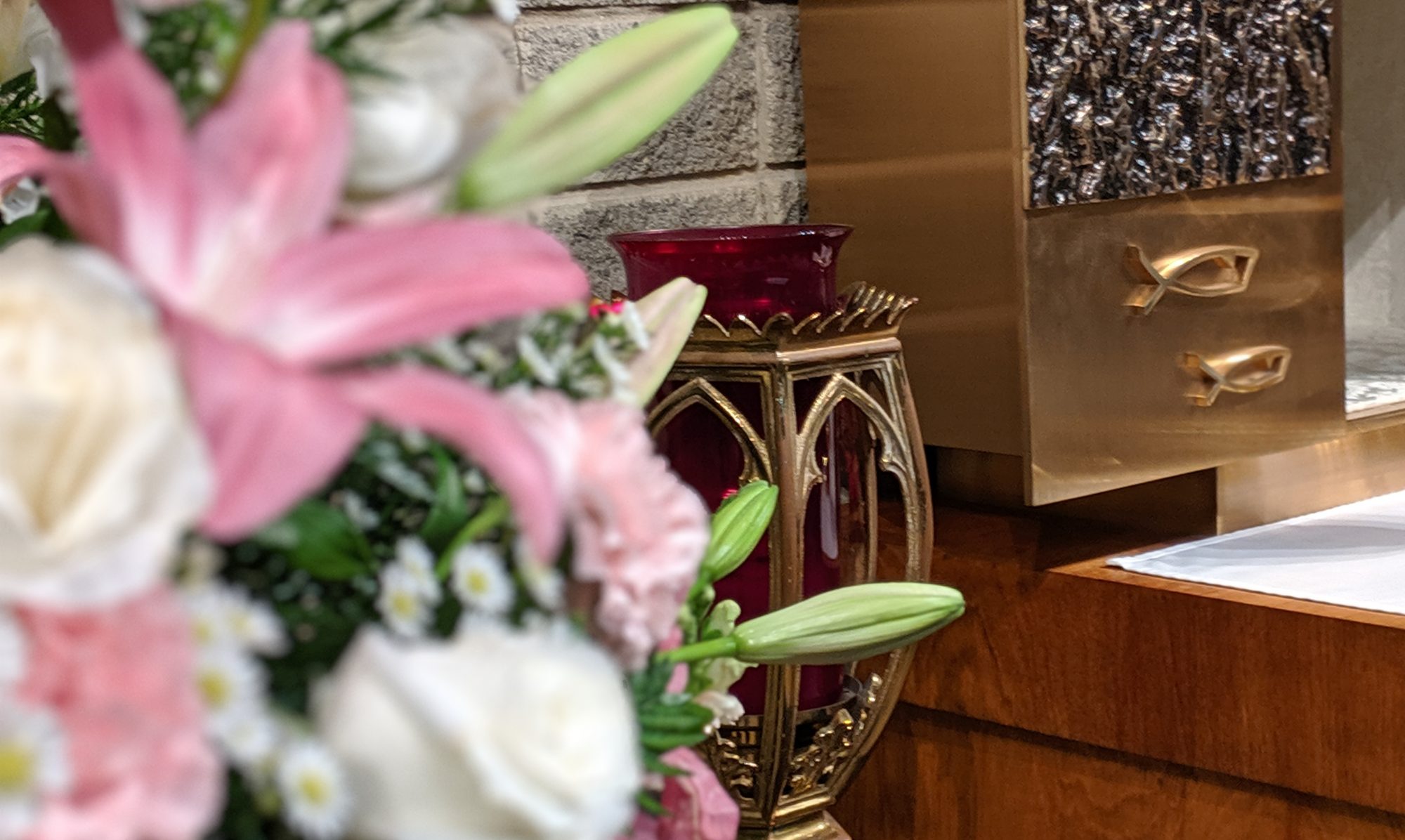In the Irish city of Galway, just off Lombard High Street, you will find a little church named for St. Nicholas of Myra (known to us as Santa Claus). The church was built in 1320 and since the reformation it is part of the Anglican Communion. Oliver Cromwell’s troops desecrated the church, smashing altars and statues, and used it as a stable for their horses after the siege of Galway in 1652. However, more importantly, it is believed that Christopher Columbus prayed in this church on a visit to Galway in 1477. Columbus made his way to Galway to study a text known as the Navigatio Sancti Brendani Abbatis (Voyage of Saint Brendan the Abbot). This document was an account of the voyage of St. Brendan to America. Columbus studies it while he prepared for his famous voyage westward when he “rediscovered” America. St. Brendan having already discovered it sometime in the sixth century.
Archeologists tell us that human beings were navigating the seas of earth, probably using stars, as long ago as 130,000 years. One of the first written testimonies of astronavigation (navigation by stars) is Homer’s Odyssey written in the 8th century BC. It is only in the 20th and 21st centuries that navigation has become reliant on computers and electronic navigation devices. And, even then, they rely on satellites which are a sort of imitation star. For most of human existence navigation, on land and sea, was dependent upon stars. This is quite something when you consider that there are four billion stars in our Milky Way galaxy and two trillion galaxies in our universe. Of all these stars six-thousand are visible to the human eye and of these only fifty-eight are useful for navigation on earth.
And yet, for most of human history, the stars guided our exploration and travel. Sailors looked into the sky and were able to plot a course, sometimes safe and sometimes perilous, across vast expanses of ocean with just the tiniest light to guide them. But that tiny light, in a universe, a galaxy, and our sky, made all the difference. The smallest light can show the way.
Interestingly, in todays Gospel, a blind man sees what the learned and the wise cannot see. They can see with their eyes, but they cannot see with the eyes of faith nor the heart of a believer. Faith, for the blind man, makes all the difference. It is because he believes that he can see his star. And what does the blind man see – he sees Jesus, the Lord, the Savior. The blind man sees what God is doing and who God has sent. The blind man sees that Jesus is sent by God to bring light into darkness, hope in despair, and God’s love into a time of violence and hatred. Even a blind man can see this star.
However, what’s the point in having sight if there is nothing to see or nowhere to go. The blind man becomes a follower, a disciple, of Jesus. Now that the blind man can see he wants to follow the one worth seeing and the one who is worth following. Jesus becomes his star, his guiding light, the way worth following.
In a figurative sense we all come into the world blind. Our minds, our hearts, our conscience, our imaginations, are blank slates, just waiting to be written upon. Our hearts are waiting to be guided, shown the way, led in a worthwhile direction. More than anyone else parents have the tremendous privilege of forming these young characters, minds, and hearts. Others will share in this responsibility along the way. Children, and all people, are longing for direction, hoping to find their way. This is true because we are created to be with God. We long to find our way to Him, not only at the end of life, but as the purpose and meaning of our life. Jesus is the star that leads to God. And yet, Jesus asks us to share in His mission to bring God to others and others to God. He asks you to be a star that shows the way, to be a light that makes a difference, to give sight to the blind. The blind, all of us, want to see, we want to find the way, we want to have something, or someone worth following. A single star can make all the difference – we are sent to be that star. When you consider how many stars God has created, surely, we can not only light up the world, assuredly we should set it on fire.
To set out into the ocean, like those ancient ancestors 130,000 years ago, Homer, St. Brendan, Columbus, takes courage, daring, and faith. Sitting safely on the shore is nice but we are made for adventure. Jesus says: “Put out into the deep.” Putting out into the deep we can discover new worlds. Being a star to guide others we can help our children build the world God wants them to inherit, to live the life God wants them to have.
